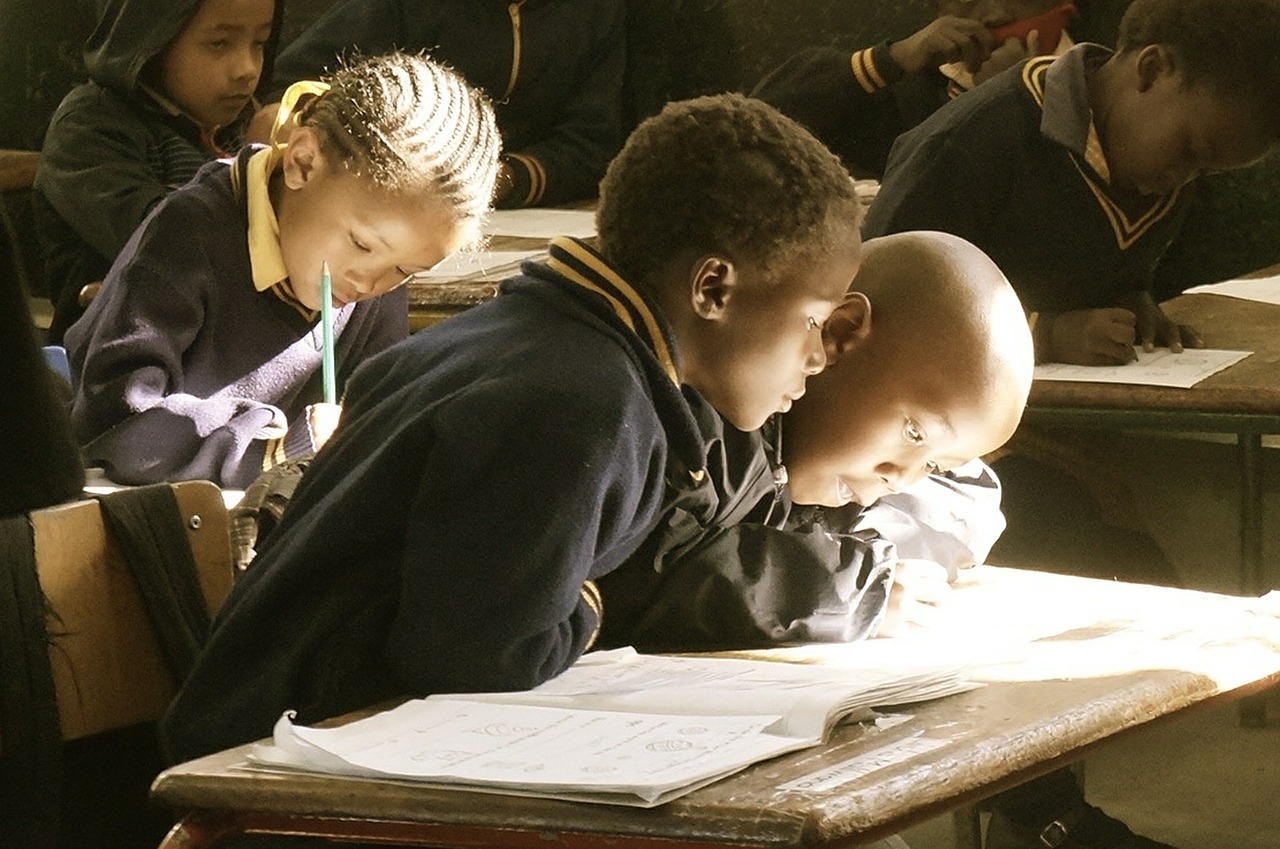Papua New Guinea has shown tremendous commitment towards reforming its education system. One of the focus areas is teaching quality.
According to the World Bank, teacher effectiveness ought to be regarded as the most fundamental school-based estimator of student learning.
Nevertheless, Papua New Guinea has shown some laxity in this area based on the absence of a precise roadmap, as well as funding for teachers’ upskilling.
Papua New Guinea’s TFF
Papua New Guinea established the Tuition Fee Free (TFF) policy in 2012. Notably, this acted as the nation’s fourth attempt to offer free education. Initially, TFF was meant to reduce families’ financial burdens.
Things have, however, not worked quite well because its implementation has varied considerably between provinces.
Additionally, the TFF policy has been enshrined in contradictory strategies. For instance, financial management involved has prompted inefficiencies and confusion.
One of the main objectives of the TFF policy was to reduce the costs endured by Papua New Guinea’s households. Nevertheless, this goal has been hindered by the lack of full subsidy payments. This has made parents to, at times, provide additional funds.
In 2016, the subsidy got separated into three parts, namely learning, teaching, and cash administration components.
Despite this approach, only the administration element was availed to schools as the other two were directed to the provincial government. The poor management thriving in schools instigated this turnaround.
Papua New Guinea’s focus on teacher quality
The government of Papua New Guinea has shown various commitments to elevate teacher quality.
For instance, between 2016 and 2018, about 3685 teachers were partially trained across 14 provinces, whereby they attained an elementary certificate.
These efforts have been prompted by the nation’s objective of prompting large-scale developments to teaching outcomes. Nevertheless, this goal has been hindered by some challenges, such as some elementary teachers being unpaid.
The present education system in Papua New Guinea is called 3-6-4, whereby three (3) years are covered in elementary, six (6) years in primary, and four (4) years in secondary school.
On the other hand, Australia has been facing the difficulty of how schools will retain good teachers, especially early career ones.
Statistics show that nearly fifty percent (50%) of teachers, usually abscond their careers after five (5) years of graduating. As a result, it has emerged to be a critical issue that has necessitated amicable solutions.







